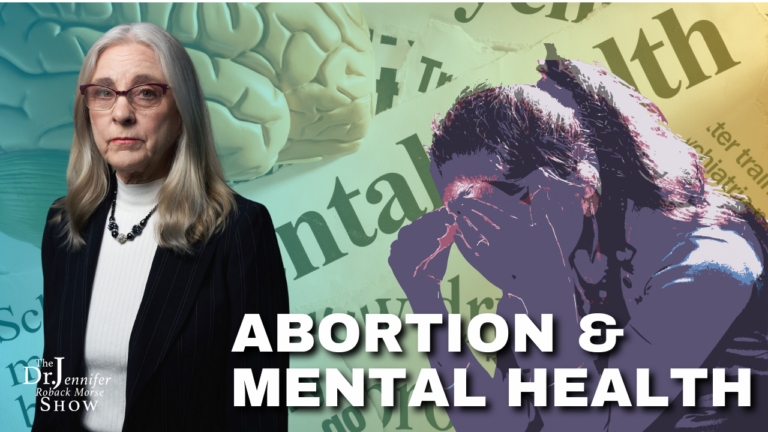Ed Whelan at NRO analyzes the significance of the Supreme Court’s overturn of the decision to televise the Prop 8 trial. First, it is some reflection on how the Supremes will view Judge Walker’s (lack of) impartiality.
the majority’s stinging rebuke of Judge Walker’s procedural irregularities strongly signals that at least five justices have serious questions about his impartiality and judgment in this matter….in addition to the Supreme Court’s order, Walker has already been overruled by a Ninth Circuit panel (of three Clinton appointees, no less) on an important discovery question: The panel ruled that Walker, in his sweeping order authorizing the plaintiffs to obtain access to the private communications of Proposition 8’s sponsors on campaign strategy, grossly underprotected the First Amendment associational rights of the campaign sponsors.
Further, as even a Washington Post editorialist who is a self-described supporter of same-sex marriage has put it in condemning Walker’s procedural shenanigans on the broadcast issue, Walker has flagrantly violated his duty to “be impeccably fair, [to] adhere without agenda to the rule of law and [to] be as transparent as possible.” This raises in the editorialist’s mind the natural question, “If I can’t trust Judge Walker to be unflinchingly fair about something that simple, how can I trust him to be fair to both sides when deeply held beliefs and constitutional rights are at stake?” The short answer that should be clear to everyone by now: You can’t, and neither can anyone else.
The second issue is a more technical issue. Walker wanted to have a “fact-finding” trial, because questions of fact are not ordinarily overturned on appeal, only questions of law are usually overturned. Ed’s theory is that Walker had hoped to pack as much as possible into the “fact” basket and as little as possible into the ‘law” basket, to protect more parts of the case from potential overturn. Here is Whelan’s analysis of this point:
It’s possible as well that Walker imagined that his factual findings at trial would receive deferential review on appeal and thus help insulate his legal ruling from being reversed. Even before yesterday’s ruling, it struck me as farfetched that any Supreme Court justice would think that the question whether there is a federal constitutional right to same-sex marriage might turn on how a trial judge resolves contestable issues of fact. The idea that findings by Walker might play such a role is all the more ludicrous now that his impartiality has been so discredited.


